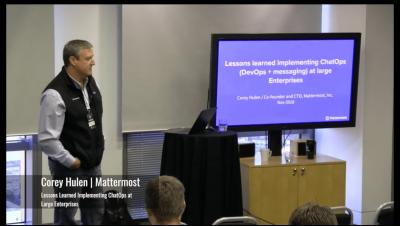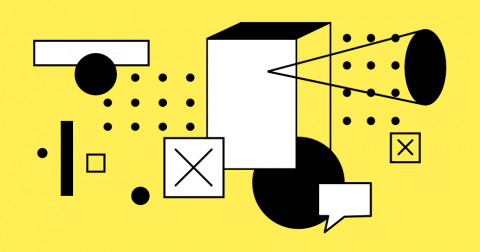Chat support models: shared vs dedicated
Offering omnichannel customer service is the core of any organization’s support strategy. But, in some cases it’s not possible for agents to do everything, and it’s critical that there is a plan in place for assigning agents to channels. There are two methodologies for channel assignment: a shared agent model and a dedicated one. In a shared model, agents handle some or all channels simultaneously. In a dedicated model, agents are focused on a single channel.











